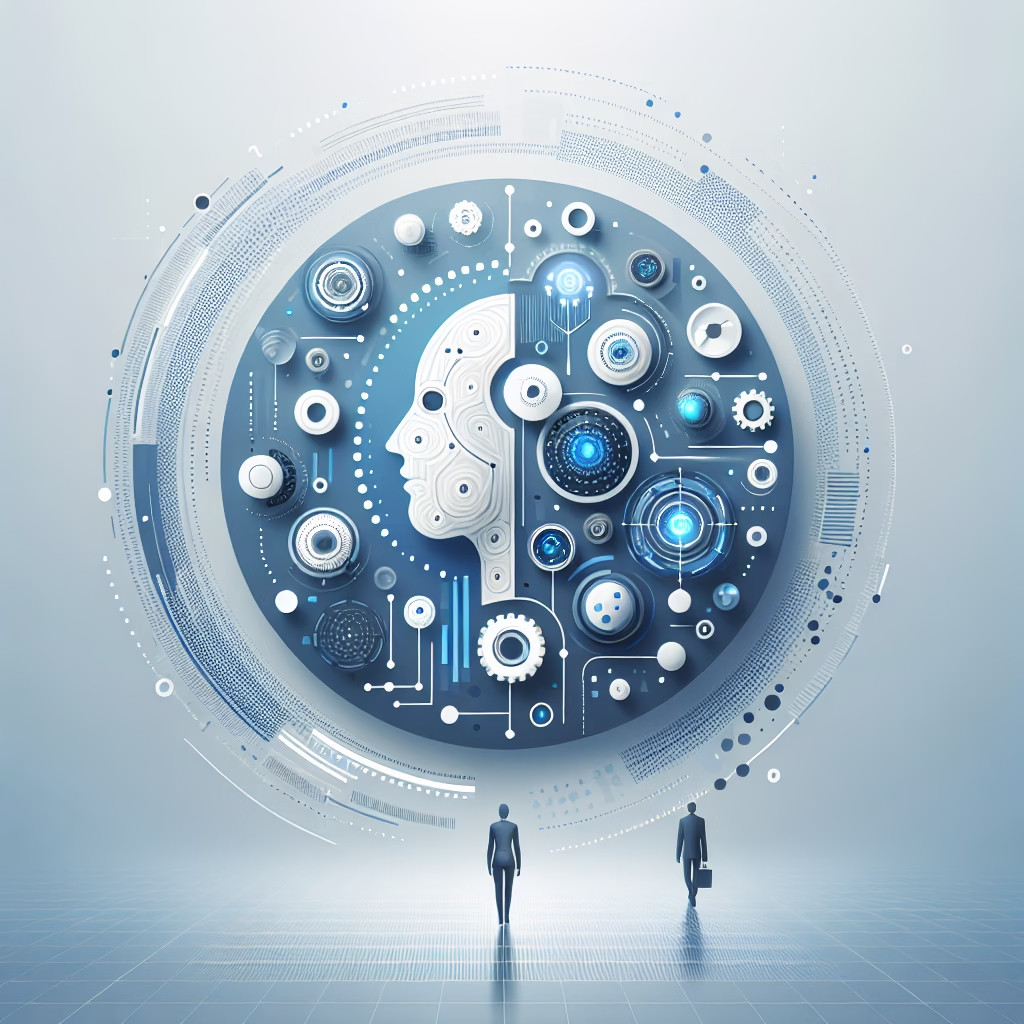OpenAI’s ChatGPT Education Launch: Transforming Learning Experiences
OpenAI has launched a significant new initiative with ChatGPT aimed at enhancing educational experiences by integrating AI assistance into various learning environments. This development is critical for educational leaders as it marks a substantial shift in how technology can be leveraged to support teaching and learning.
Key Takeaways
- The integration of ChatGPT facilitates personalized tutoring and real-time support for students.
- OpenAI emphasizes ethical AI usage in educational settings and partnerships with institutions to ensure effective implementation.
- This initiative addresses challenges like accessibility and privacy while transforming traditional educational methodologies.
Table of Contents
- Introduction
- Executive Summary
- What’s Happening
- Why This Matters
- Real-World Use Cases
- Opportunities and Risks
- Recommended Actions
- Frequently Asked Questions
- Cited Sources
Introduction
The adoption of AI technology in education is rapidly reshaping teaching and learning frameworks. OpenAI’s launch of ChatGPT for Education presents opportunities for educators to enhance the student learning experience through personalized support. For stakeholders in the educational sector, understanding this initiative is crucial for adapting to an increasingly digital learning landscape.
Executive Summary
OpenAI’s ChatGPT for Education focuses on transforming learning experiences by providing personalized tutoring, facilitating real-time question answering, and offering support in teaching complex topics. The initiative emphasizes ethical considerations in AI usage, highlighting partnerships with educational institutions to ensure effective integration. Recent developments showcase a growing interest in AI’s role in education, making it essential for schools and educational organizations to engage with these advancements to remain competitive and relevant.
What’s Happening
OpenAI’s initiative leverages the capabilities of ChatGPT to assist students in their educational journeys. Key features include:
- Personalized Tutoring: ChatGPT adjusts to the individual needs of learners, providing tailored explanations and resources.
- Supporting Educators: The AI serves as an assistant for teachers, enabling them to better explain difficult subjects and engage with their students.
- Ethical Usage: OpenAI is committed to promoting responsible AI usage in the classroom, addressing concerns about accessibility and maintaining user privacy.
Why This Matters
The implications of integrating ChatGPT in educational settings are profound:
- Engagement and Adaptability: With personalized learning experiences, students are likely to be more engaged and achieve better results.
- Strategic Advancement: As educational institutions seek innovative solutions, leveraging AI can significantly enhance teaching methodologies and curriculum delivery.
- Challenges and Responsibilities: While the benefits are substantial, institutions must remain vigilant regarding data privacy and the ethical use of AI technology.
Real-World Use Cases
- Tutoring Services: Some schools are already implementing ChatGPT to provide supplemental tutoring services, helping students who need additional support outside the classroom.
- Enhanced Lesson Planning: Educators are using AI-driven tools to develop lesson plans that cater to diverse learning styles and knowledge levels.
- Collaborative Platforms: ChatGPT is being tested as a collaborative tool for group projects, where students can utilize AI to gather information and brainstorm ideas effectively.
Opportunities and Risks
The introduction of ChatGPT in education opens up several opportunities for growth:
- Improved Learning Outcomes: With tailored learning experiences, educators can address individual gaps and strengths in student knowledge.
- Scaling Educational Resources: AI can help institutions extend their reach and resources, especially in underserved areas.
However, there are risks to navigate:
- Data Privacy Concerns: Protecting student data is paramount, and institutions must ensure compliance with regulations.
- Over-reliance on Technology: Educators need to maintain a balance between AI assistance and traditional teaching methods to foster critical thinking skills.
Recommended Actions
- Pilot Programs: Schools should consider pilot programs to test and refine the use of ChatGPT in real-world settings before broader implementation.
- Teacher Training: Invest in professional development to prepare educators for effective integration of AI tools into their teaching practices.
- Stakeholder Engagement: Include parents, students, and educational authorities in discussions around AI adoption to address concerns and build trust.
Frequently Asked Questions
- Q1: Why is this trend important right now?
A: The integration of AI in education is timely, as stakeholders seek innovative and effective teaching methods in a technology-driven world. - Q2: What’s the impact on businesses or teams?
A: Educational institutions can improve operational efficiency and student engagement through AI tools, leading to better learning outcomes. - Q3: Who are the leading platforms, tools, or companies involved?
A: OpenAI leads the initiative with ChatGPT, and various educational organizations are exploring similar AI-driven solutions.
Cited Sources
- ChatGPT for Education – OpenAI Blog
- OpenAI ChatGPT Education Update – TechCrunch
- OpenAI ChatGPT Education Launch – VentureBeat














